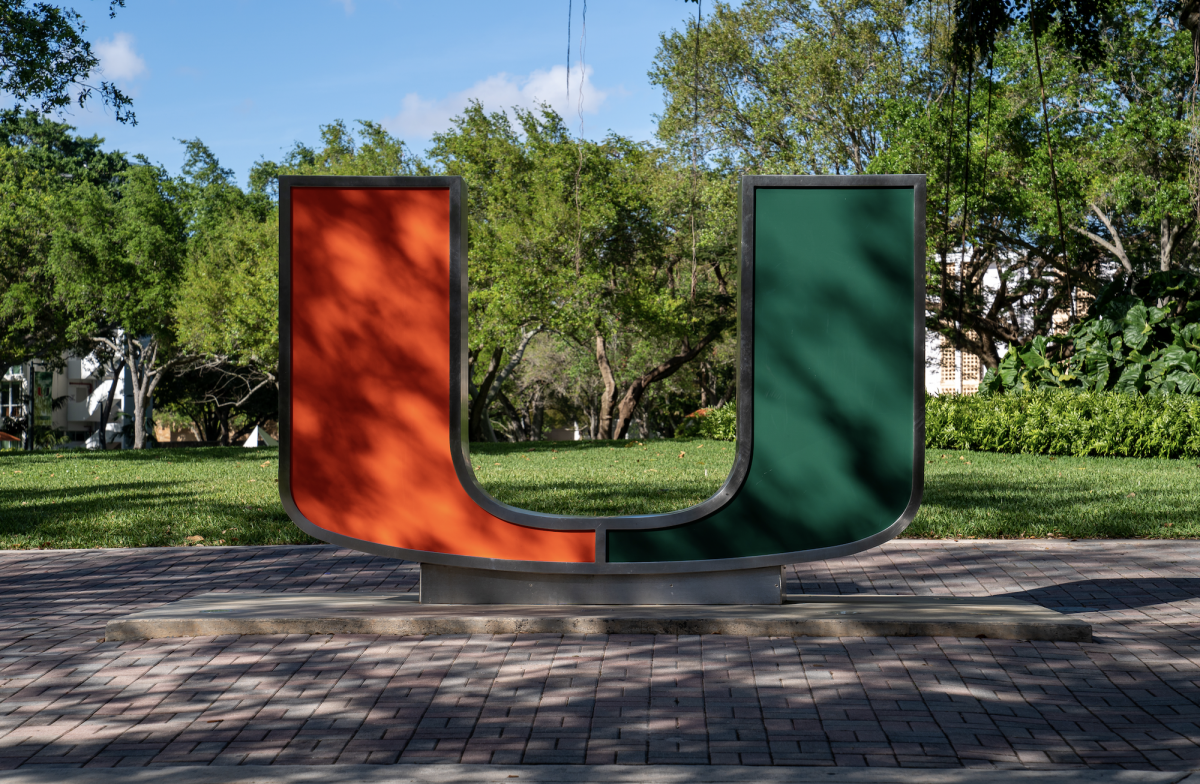President Julio Frenk announced this summer that he would be making changes to the structure of the university in order to make it a more inclusive place for people of color, specifically Black people. He plans to do so by implementing changes that include appointing Black professors to be diversity advisors for his administration and establishing the Center for Global Black Studies. However, if the administration cared about Black and indigenous people of color (BIPOC) who are a part of our community, then why did they bring us back to campus knowing that students would contract coronavirus and knowing of the huge disparity in Covid-19 death tolls along racial and ethnic lines?
The APM Research Lab and others have reported that between April 13 and August 18, death tolls for BIPOC communities have far out-weighed death tolls in white communities. The lab found that 1 in 1225 Black Americans have died and 1 in 1375 Indigenous Americans have died due to Covid-19. This contrasts with 1 in 2450 White Americans dying due to the disease. This indicates that statistically, Black Americans are twice as likely to die of Covid-19 than white Americans.
On Aug. 24, Frenk issued a video message during which he specified “it would have been unrealistic to assume that there would be no cases of Covid-19 this fall on our campus.” What this means is the university administration, including Frenk and the Board of Trustees, knew going into in-person instruction that it would cause the Covid-19 surge we are seeing unfold after just two weeks of classes.
As I have written previously in this paper, the administration chose to ignore pleas from students and faculty that opening campus would create a surge in cases. Provost Jeffrey Duerk has also said that if the positivity rate on campus reached 15 percent, it would be grounds for shutting down the campus. Professors and students alike have questioned whether the University is doctoring its COVID-19 dashboard to make it seem that case numbers have gone down.
The lack of diversity at UM has been noted by Frenk himself, who has committed to a number of measures and says that these are only the beginning. In the same message outlining the progress on anti-racist initiatives sent on Aug. 13, he writes “We welcome ideas from all members of the UM community on ways to continue.”
I am therefore requesting President Frenk and the Board of Trustees to take up an effort to close down the campus and prevent the further spread of coronavirus. In bringing tens of thousands of students back to a small locale, the administration has fundamentally put each of us at risk for contracting the virus. Because of this, we have seen a surge in cases. And because we know that there is a vast racial disparity concerning the prognosis of those diagnosed with coronavirus, the continued effort to open a campus in an in-person format means that BIPOC students, staff, groundskeepers, dining hall workers and instructors will disproportionately be forced to deal with the repercussions.
The university administration, including the Board of Trustees, says that it cares about racial diversity; but I would like to note that there are two non-student members of the Board of Trustees who are Black. Both are men, neither are listed as chair, vice-chair or senior members (although H.T. Smith, Jr. has served as Vice-Chair before). Moreover, the only Black woman on the Board is Jordan Rhodes, the student trustee.
There has never been a Black university president at the University of Miami and there has only been one female president, Donna Shalala. In fact, in June of this year, a group of graduate students sent an open letter to Frenk’s administration outlining demands for concerted racial diversity initiatives for the RSMAS campus, which suffers the most from a lack of diversity in professors, students and administrators when compared to all other campuses of UM and which has seen microaggressions against minority students rise.
So, while the university says that it cares about racial diversity, its leadership and actions revolving around the Covid-19 pandemic do not indicate concerted care for Black and brown UM community members.
The OED defines ‘care’ (v.) “to take thought for, provide for, look after.” Does the university care about Black people?
Preston Taylor Stone is a Ph.D student in the Department of English at UM, where his research focuses on ethnic studies, queer studies and contemporary culture.






